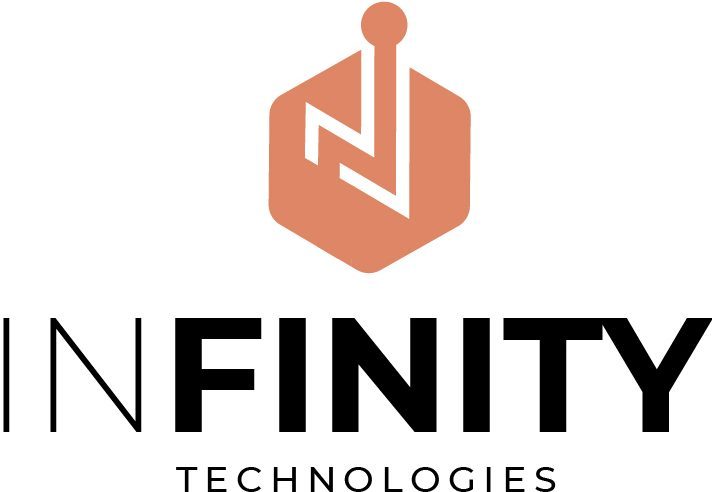New Zealand’s healthcare system faces numerous challenges, including an aging population, rising chronic diseases, and the growing demand for healthcare services. To address these challenges and improve healthcare outcomes, the integration of artificial intelligence (AI) holds immense promise. AI has the potential to revolutionize various aspects of healthcare delivery, from diagnostics and treatment to personalized medicine and population health management. However, realizing the full potential of AI in healthcare requires careful planning, investment, and attention to key priorities. This article explores how AI will change healthcare in New Zealand and identifies crucial steps that need to be taken to ensure its successful integration.
AI’s Impact on New Zealand Healthcare
AI is poised to bring transformative changes to the healthcare landscape in New Zealand in several ways:
Enhanced Diagnostics and Imaging: AI-powered algorithms can analyze medical images with unparalleled accuracy, aiding in the early detection of diseases such as cancer, cardiovascular conditions, and neurological disorders. By automating image interpretation, AI reduces the burden on radiologists and accelerates diagnosis, leading to timely interventions and improved patient outcomes.
Personalized Treatment Plans: AI algorithms can analyze vast amounts of patient data, including genetic information, medical history, and lifestyle factors, to tailor treatment plans to individual patients. Personalized medicine enables healthcare providers to deliver targeted therapies, optimize drug regimens, and minimize adverse effects, leading to better treatment outcomes and patient satisfaction.
Predictive Analytics for Population Health Management: By analyzing large datasets from electronic health records, wearables, and public health sources, AI can identify patterns and trends to predict disease outbreaks, assess population health risks, and allocate resources more effectively. Predictive analytics empower policymakers and healthcare providers to implement proactive interventions, prevent disease progression, and promote health equity across diverse populations.
Virtual Health Assistants and Telemedicine: AI-powered virtual health assistants and chatbots offer patients personalized support, health advice, and medication reminders, enhancing patient engagement and adherence to treatment plans. Furthermore, telemedicine platforms leverage AI algorithms for remote consultations, enabling patients in remote or underserved areas to access specialist care, reduce travel costs, and overcome geographical barriers to healthcare delivery.
Key Priorities for AI Integration in Healthcare
While the potential benefits of AI in healthcare are substantial, several key priorities must be addressed to ensure its successful implementation in New Zealand:
Data Governance and Privacy Protection: A robust data governance framework is essential to safeguard patient privacy, ensure data security, and maintain public trust in AI-driven healthcare systems. Clear guidelines and regulations must govern the collection, storage, sharing, and use of healthcare data, with strict adherence to ethical principles and legal standards. Moreover, mechanisms for obtaining patient consent, anonymizing sensitive information, and mitigating data breaches should be established to uphold patient rights and confidentiality.
Interoperability and Integration of Health Information Systems: Seamless interoperability and integration of health information systems are critical for facilitating the exchange of data between different healthcare providers, organizations, and platforms. Standardized data formats, protocols, and interfaces enable the seamless flow of information across the healthcare continuum, supporting coordinated care, continuity of treatment, and informed decision-making. Efforts to harmonize electronic health records, clinical databases, and digital health platforms will enhance the effectiveness and efficiency of AI applications in healthcare delivery.
Ethical and Regulatory Frameworks for AI in Healthcare: As AI technologies become increasingly sophisticated, ethical considerations surrounding their use in healthcare become paramount. Transparent algorithms, explainable AI models, and unbiased data sources are essential for ensuring fairness, accountability, and transparency in AI-driven healthcare decision-making. Regulatory bodies should establish guidelines for the ethical design, development, deployment, and monitoring of AI systems in healthcare, with mechanisms for auditing algorithms, assessing algorithmic bias, and addressing unintended consequences.
Workforce Training and Upskilling: The successful adoption of AI in healthcare requires a skilled workforce capable of harnessing AI technologies effectively. Healthcare professionals, including physicians, nurses, and allied health professionals, need training and upskilling in AI fundamentals, data analytics, and digital literacy to leverage AI tools in clinical practice. Continuous education programs, professional development opportunities, and interdisciplinary collaboration initiatives can empower healthcare workers to embrace AI-enabled workflows, enhance their decision-making capabilities, and deliver high-quality, patient-centered care.
Stakeholder Engagement and Collaboration: Collaboration between government agencies, healthcare providers, technology vendors, researchers, and patient advocacy groups is essential for driving AI innovation and adoption in healthcare. Multi-stakeholder partnerships foster knowledge sharing, resource pooling, and co-creation of AI solutions tailored to the needs and priorities of the New Zealand healthcare system. Engaging patients and communities in the design, implementation, and evaluation of AI-driven healthcare initiatives promotes transparency, inclusivity, and patient empowerment, ultimately leading to more equitable and patient-centric healthcare services.
Conclusion
The integration of AI holds tremendous potential to revolutionize healthcare delivery in New Zealand, offering opportunities to improve diagnostics, personalize treatment, enhance population health management, and expand access to care. However, realizing the full benefits of AI in healthcare requires concerted efforts to address key priorities, including data governance, interoperability, ethics, workforce training, and stakeholder collaboration. By prioritizing these areas and fostering a culture of innovation and continuous improvement, New Zealand can harness the power of AI to create a more efficient, effective, and equitable healthcare system that meets the evolving needs of its population.




